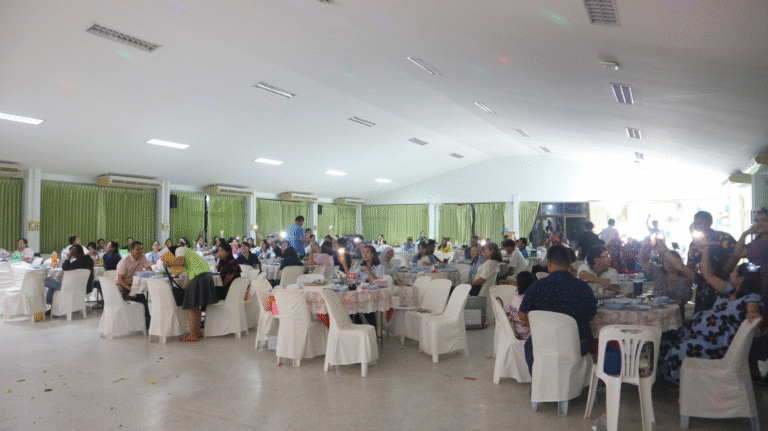Teaching Learning/Outreach and Engagement
Reporter: Dr Lamun Kayurin
Evidence date: January – December 2024
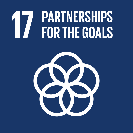
Related to:
Indicator relate to : 17.4, 17.4.1
RUTS has designed various courses on sustainability to teach students for adopting sustainability in their lives. It has divided as follow:
Education for SDGs commitment to meaningful education perspective, RUTS has committed to meaningful education around the SDGs across the university, relevant and applicable to all students. Especially, the University has created Sustainable Development course which is a compulsory course in General Education courses for Undergraduate degree. The Sustainable Development course focuses on The King’s philosophy of sufficiency economy; timeline for Sustainable Development (SD); the three pillars of SD; the UN 17 SDGs; factors that affect the environmental, economic and social sustainability of communities; cause of degrading natural system, diminished resources, change of climate, loss of biodiversity, and increased health risks from pollution; how to improve quality of life in a sustainable way and changing of attitude, awareness, behaviour , and lifestyle; methods for assessing the achievement of SD. Therefore, All RUTS students need to learn this course after studying this course, they should able to describe and integrate SDGs to their live.
For instance, Rajamangala University of Technology Srivijaya (RUTS) embodies the Sufficiency Economy Philosophy (SEP) in its commitment to meaningful education for sustainable development through the Saiyai Smart Farm initiative. Guided by the King’s philosophy of moderation, reasonableness, and self-immunity, RUTS integrates academic knowledge with practical agricultural experience to cultivate responsible learners who value balance between human needs, environmental stewardship, and economic sustainability.
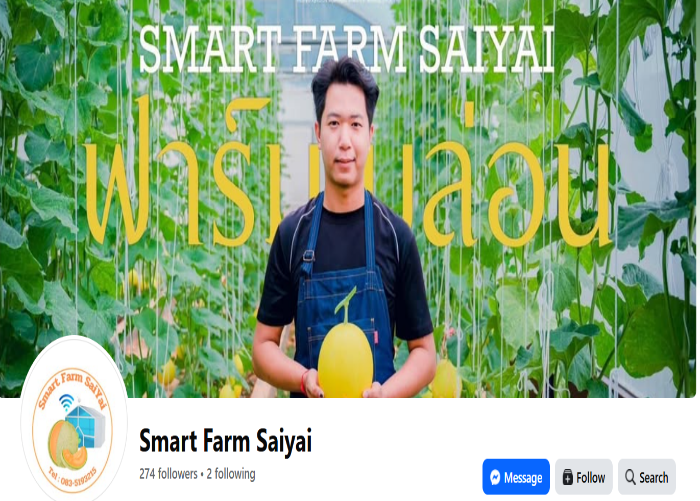
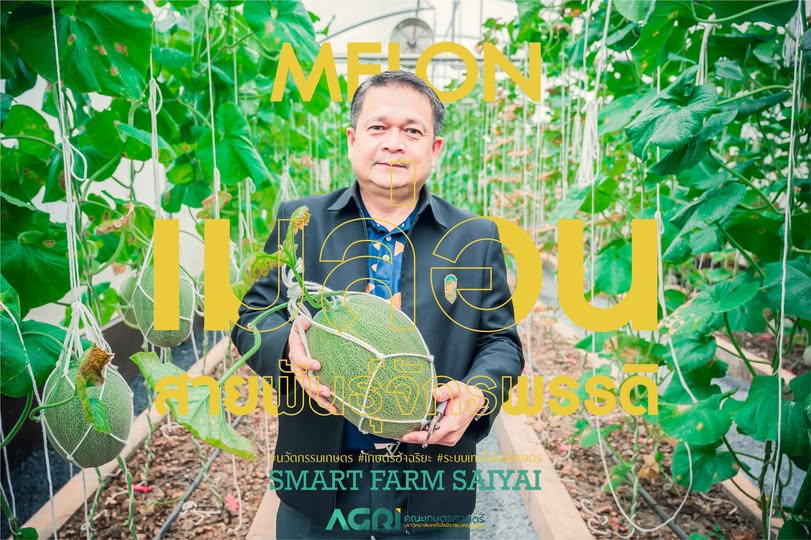 At the Saiyai Smart Farm, students apply smart farming technology and controlled environment systems to grow safe, chemical-free vegetables. This hands-on approach not only enhances agricultural innovation and self-reliance but also reflects the SEP principle of “living within one’s means”—promoting sustainable resource use and resilience. The farm’s produce is consumed within the university and shared with the local community, establishing a closed-loop system that links education, food security, and social responsibility. Through this initiative, RUTS demonstrates how the Sufficiency Economy Philosophy can be integrated into education to advance the Sustainable Development Goals (SDGs), particularly SDG 4 (Quality Education) and SDG 2 (Zero Hunger). By connecting learning with community-based sustainability practices, the university cultivates graduates who embody the sufficiency mindset—capable of applying moderation, wisdom, and ethical decision-making in pursuit of sustainable futures.
At the Saiyai Smart Farm, students apply smart farming technology and controlled environment systems to grow safe, chemical-free vegetables. This hands-on approach not only enhances agricultural innovation and self-reliance but also reflects the SEP principle of “living within one’s means”—promoting sustainable resource use and resilience. The farm’s produce is consumed within the university and shared with the local community, establishing a closed-loop system that links education, food security, and social responsibility. Through this initiative, RUTS demonstrates how the Sufficiency Economy Philosophy can be integrated into education to advance the Sustainable Development Goals (SDGs), particularly SDG 4 (Quality Education) and SDG 2 (Zero Hunger). By connecting learning with community-based sustainability practices, the university cultivates graduates who embody the sufficiency mindset—capable of applying moderation, wisdom, and ethical decision-making in pursuit of sustainable futures.
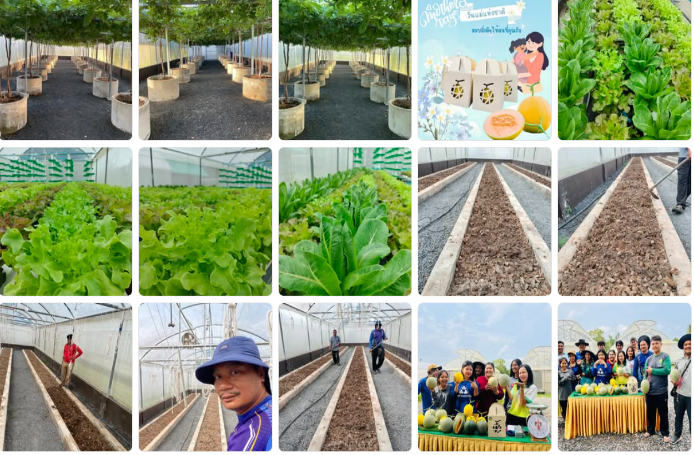
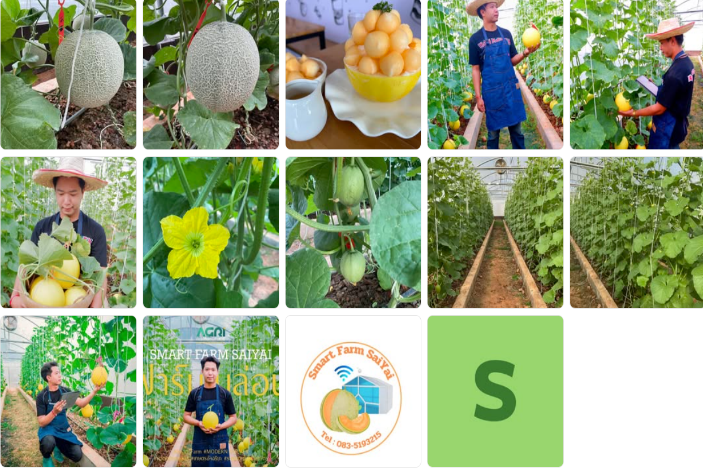
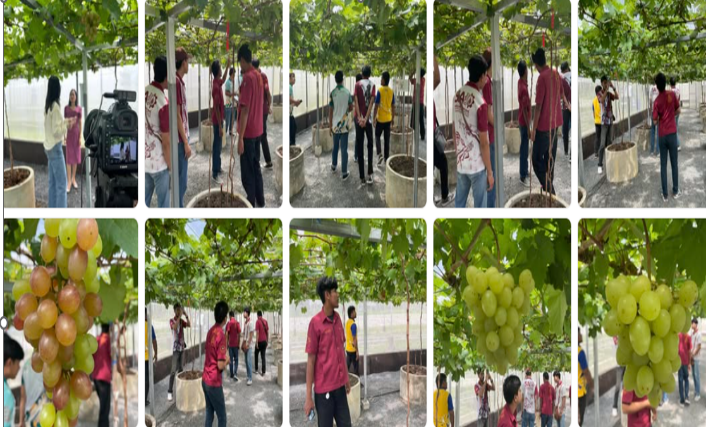
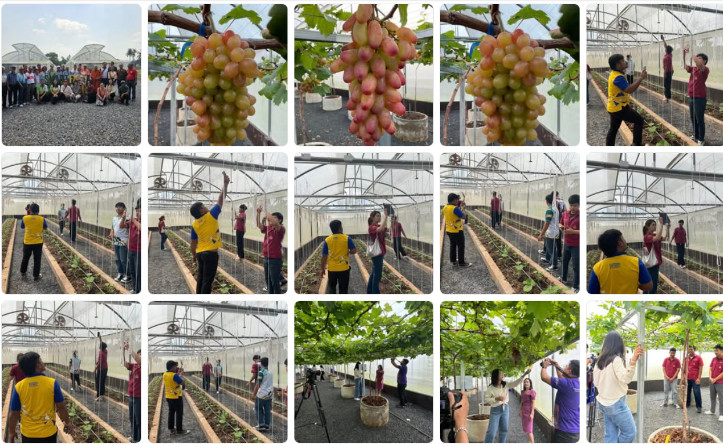
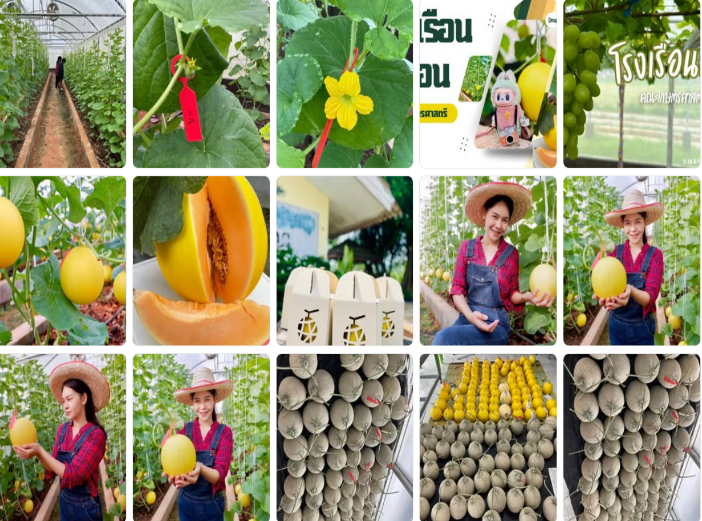
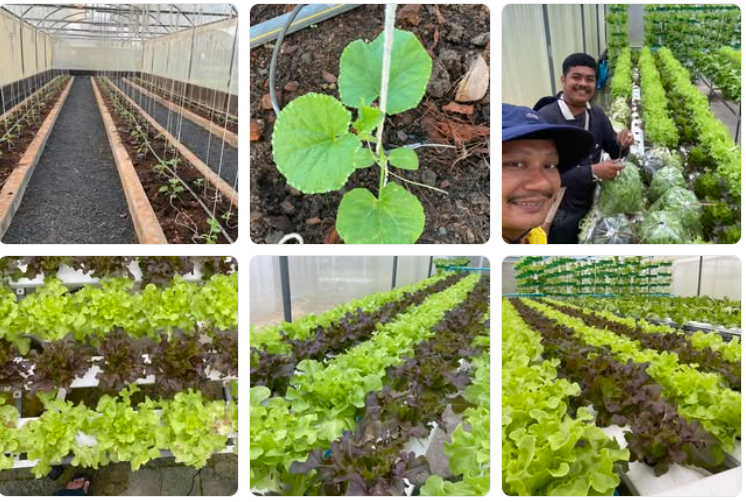
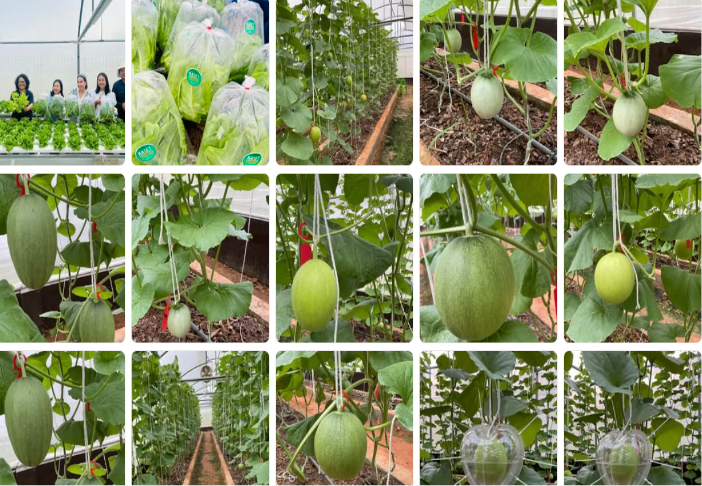
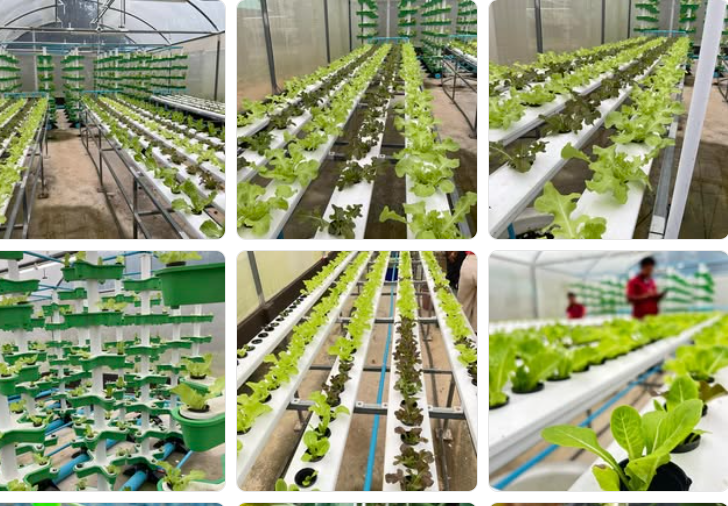
Related to link
https://www.facebook.com/share/p/1FiygKoTx4
https://www.facebook.com/share/p/1FiygKoTx4/
https://www.facebook.com/share/p/17YHmJkw4h/
https://www.facebook.com/share/p/1BuCa4BY9o/
https://www.facebook.com/share/p/1SwmnQyvxu/
https://www.facebook.com/share/p/17rHa7L3DQ/
https://www.facebook.com/share/p/16UK8oLRUE/
https://www.facebook.com/share/p/1D241VXy6X/
https://www.facebook.com/share/p/17Pu2FUC2D/



